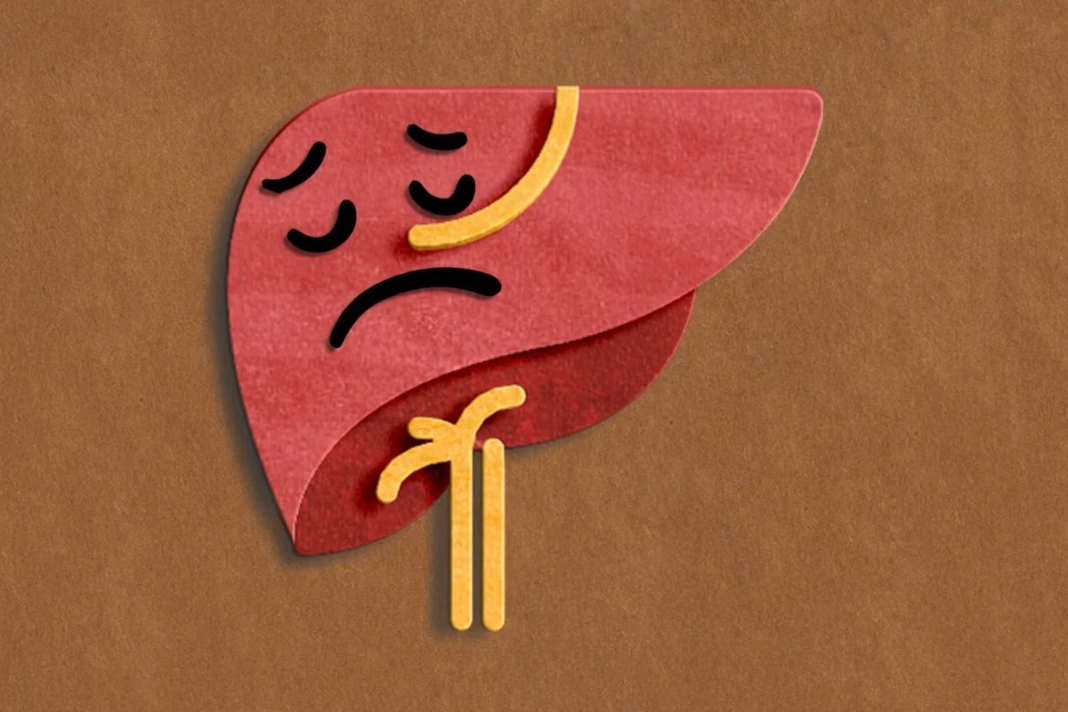Liver Health: A heavy heart can do more than weighing down your spirit. In a post, an expert revealed how even twenty minutes of deep sadness quietly changes the body’s inner rhythm.
What happens inside isn’t visible, but it leaves a trail through digestion, energy, and mood, making experts ask if emotions can truly rewrite our physical health.
Unseen Link Between Emotional Distress and Physical Well-Being
Every emotion leaves an imprint far beyond the mind. Dr. Prashant Desai recently shared on Instagram that being sad for just twenty minutes can disrupt liver function and overall balance.
He highlighted how emotional distress shows up in the body in surprising ways:
- Produces less bile acid, slowing digestion.
- The liver releases fewer toxins, keeping waste inside.
- Constant tiredness makes daily work harder.
- Triggers cravings for sugary and fried foods.
- Weakens blood sugar regulation.
- The gut feels heavy, bloated, and inflamed.
- Skin looks dull due to toxin buildup.
- Mood worsens as the brain and liver stay trapped in one loop.
He concluded that “Your feelings shape your organs.”
How Stress and Sadness Weaken the Body’s Natural Defences?
Stress hormones like cortisol rise when sadness lasts for a long time. This weakens immunity and increases body inflammation. Emotional stress and liver damage happen together because natural defences lose strength.
The body finds it harder to fight infections. Digestion slows and appetite changes, leaving people more vulnerable to long-term illness.
Brain-Gut-Liver Axis Explains Stress Impact on Organs
The brain, gut, and liver constantly exchange signals. Stress disrupts this axis and creates harmful effects across organs. Gut bacteria change when sadness lasts longer.
This allows harmful toxins to move into the liver, causing inflammation and damage. Experts explain this link as a cycle where mental stress harms digestion, which then worsens liver health.
Expert Tips to Protect Liver Health Through Emotional Care
Experts suggest building emotional well-being for liver protection with consistent lifestyle steps. Deep breathing, meditation, and quality sleep reduce emotional stress and liver damage risks. Eating antioxidant-rich foods helps the liver flush toxins naturally.
Staying active keeps both mood and organs in balance. Seeking professional help for sadness also supports emotional well-being for liver protection. These small daily actions create strong mental and physical resilience.
Emotions and health are linked more deeply than people think. Protecting emotional well-being for liver protection is not optional; it is essential every single day.


